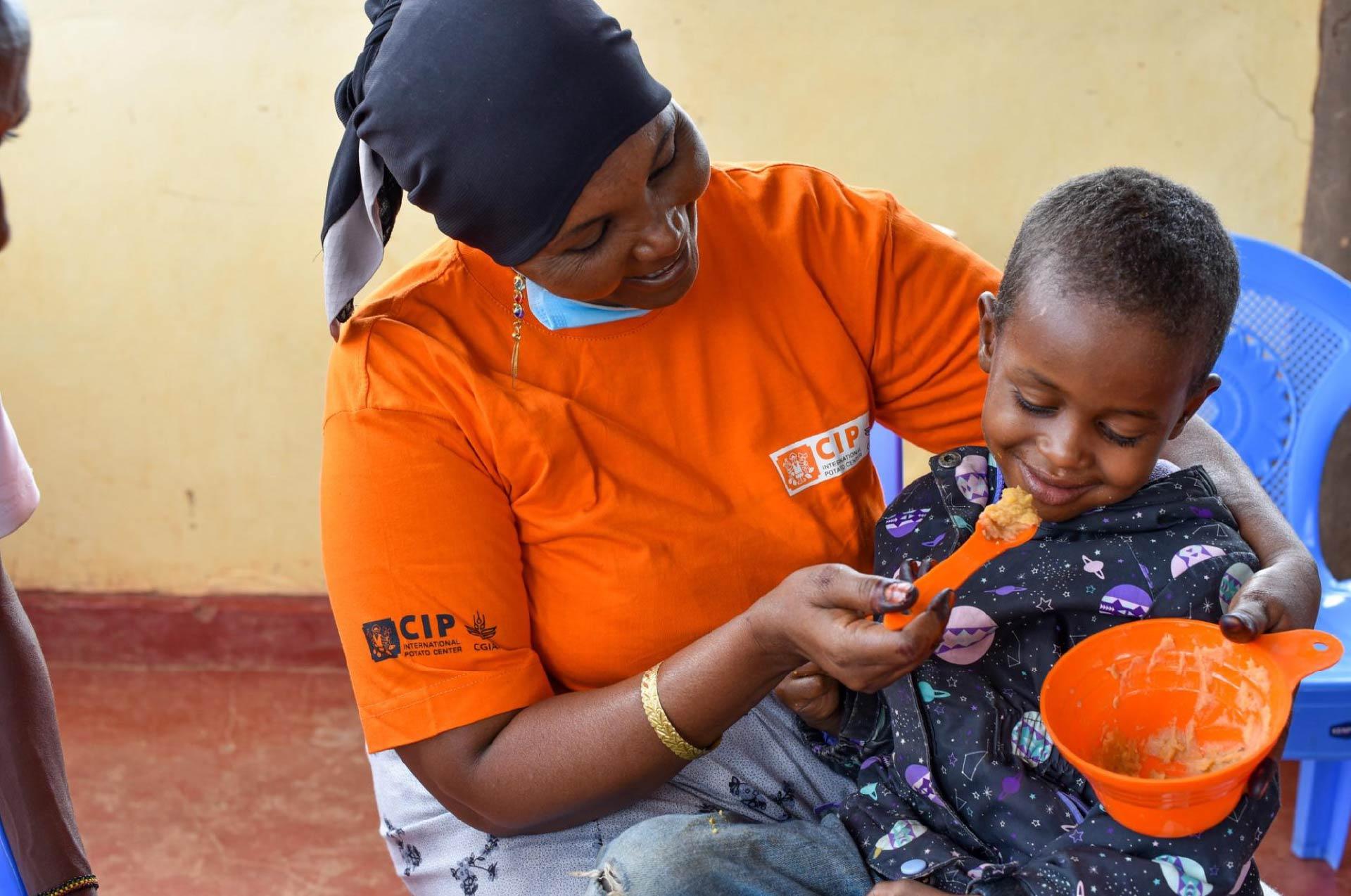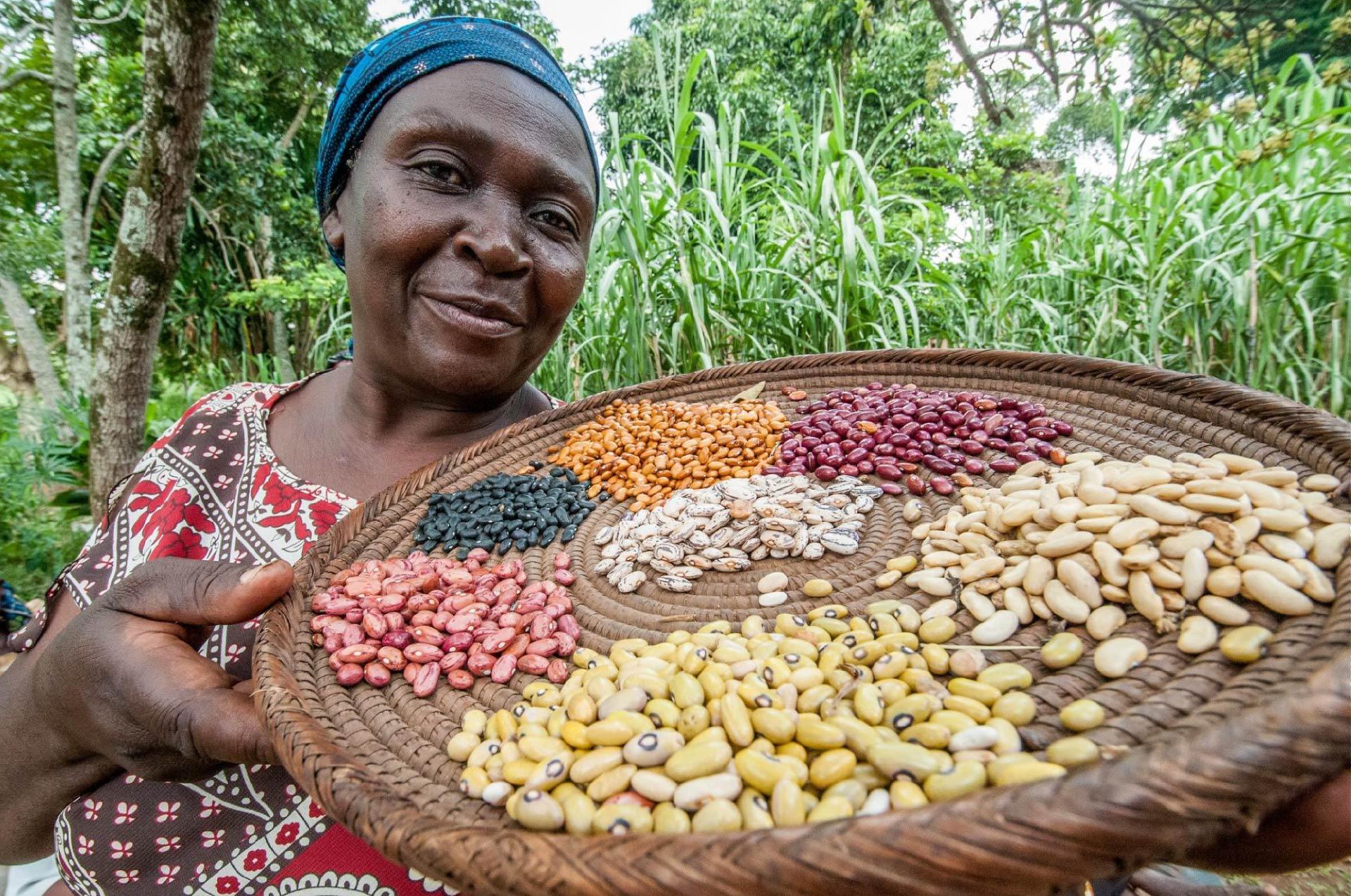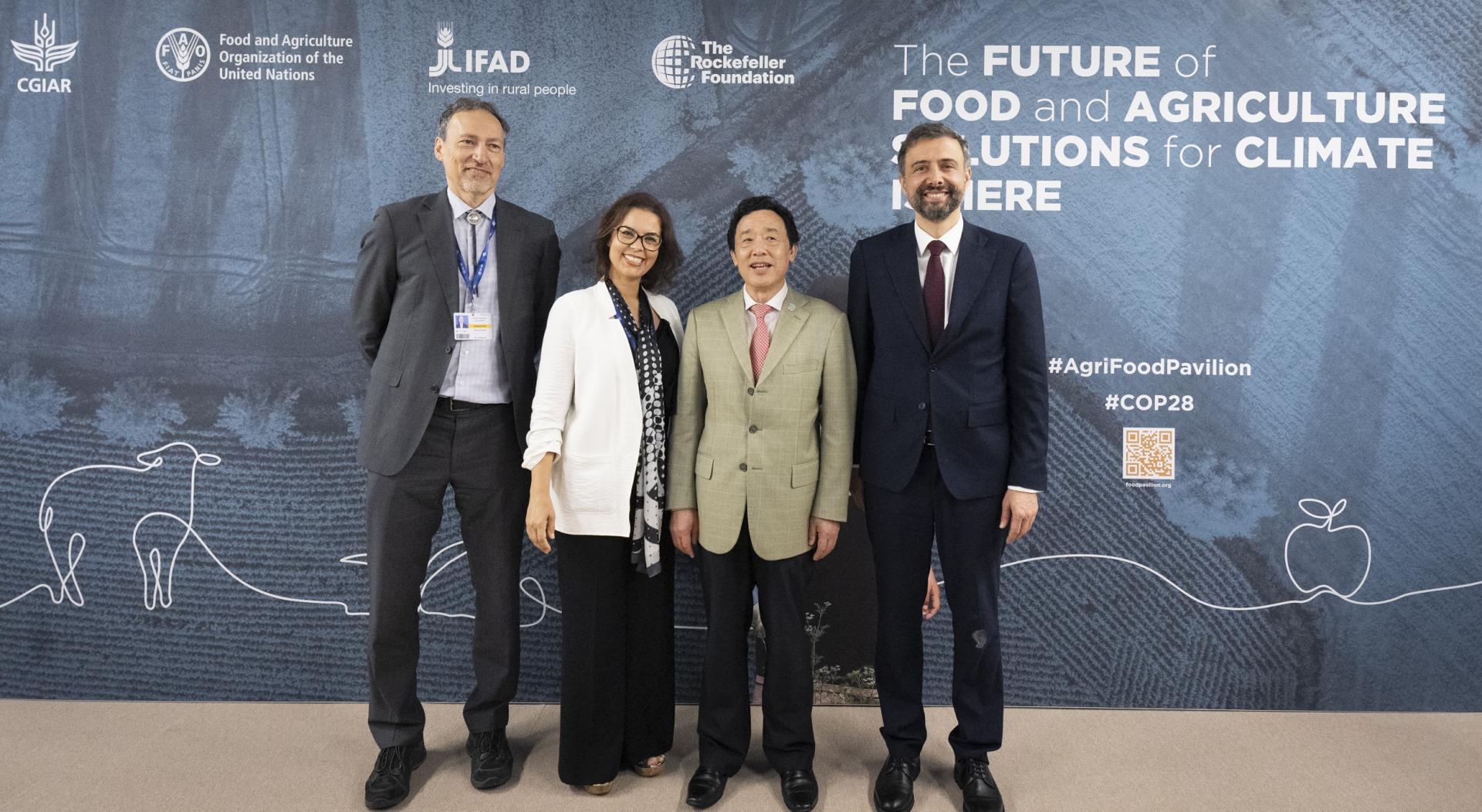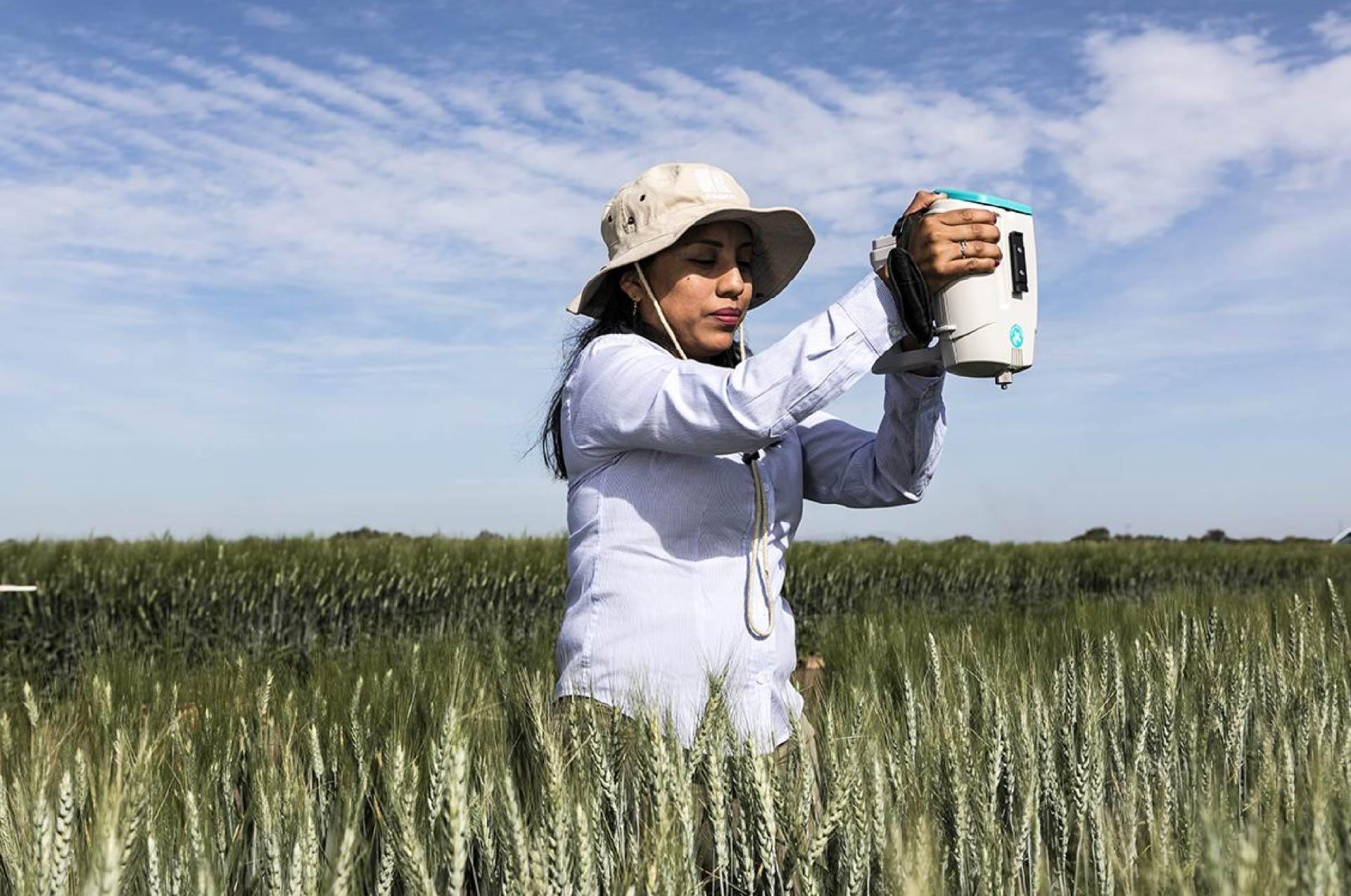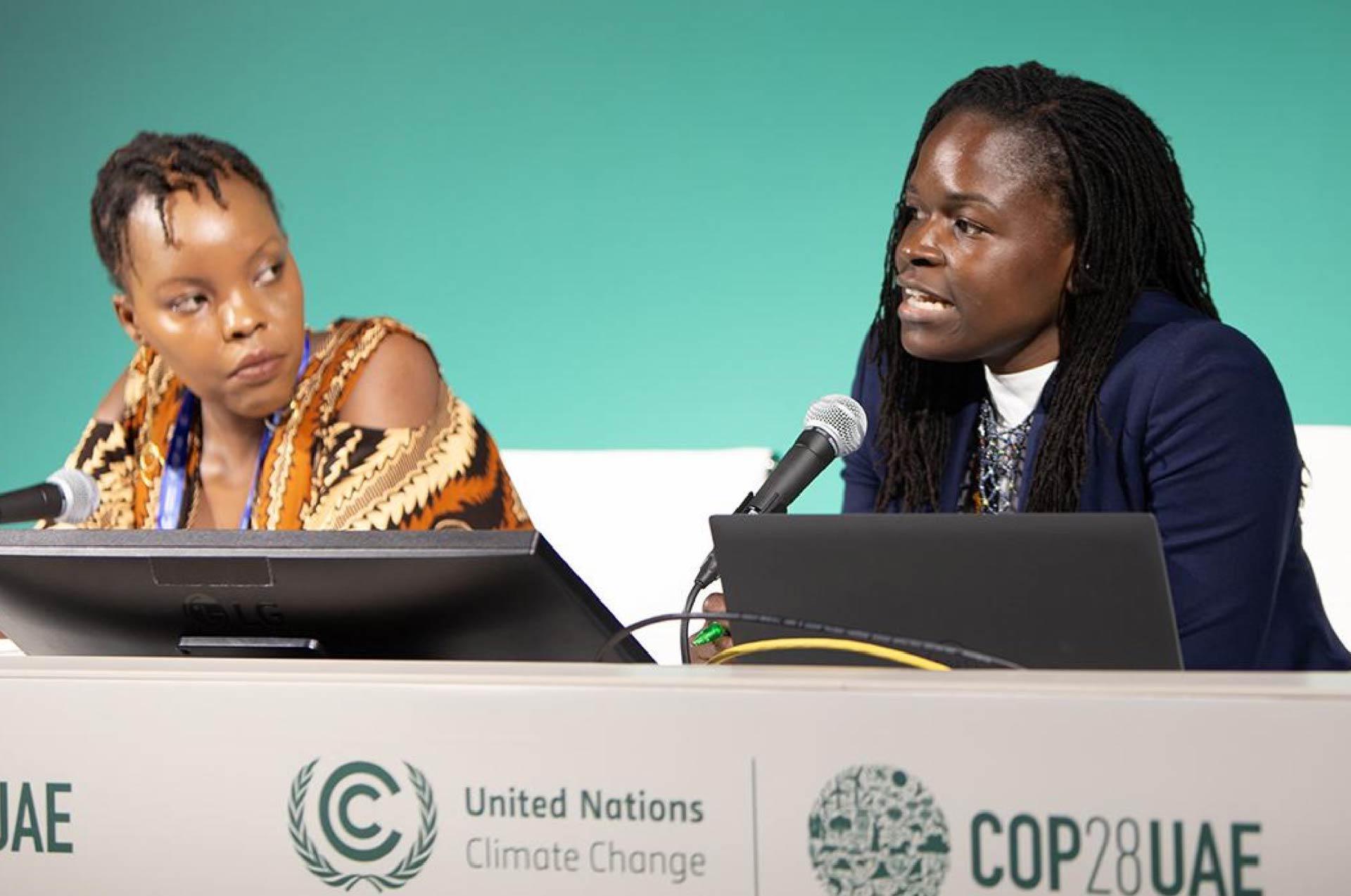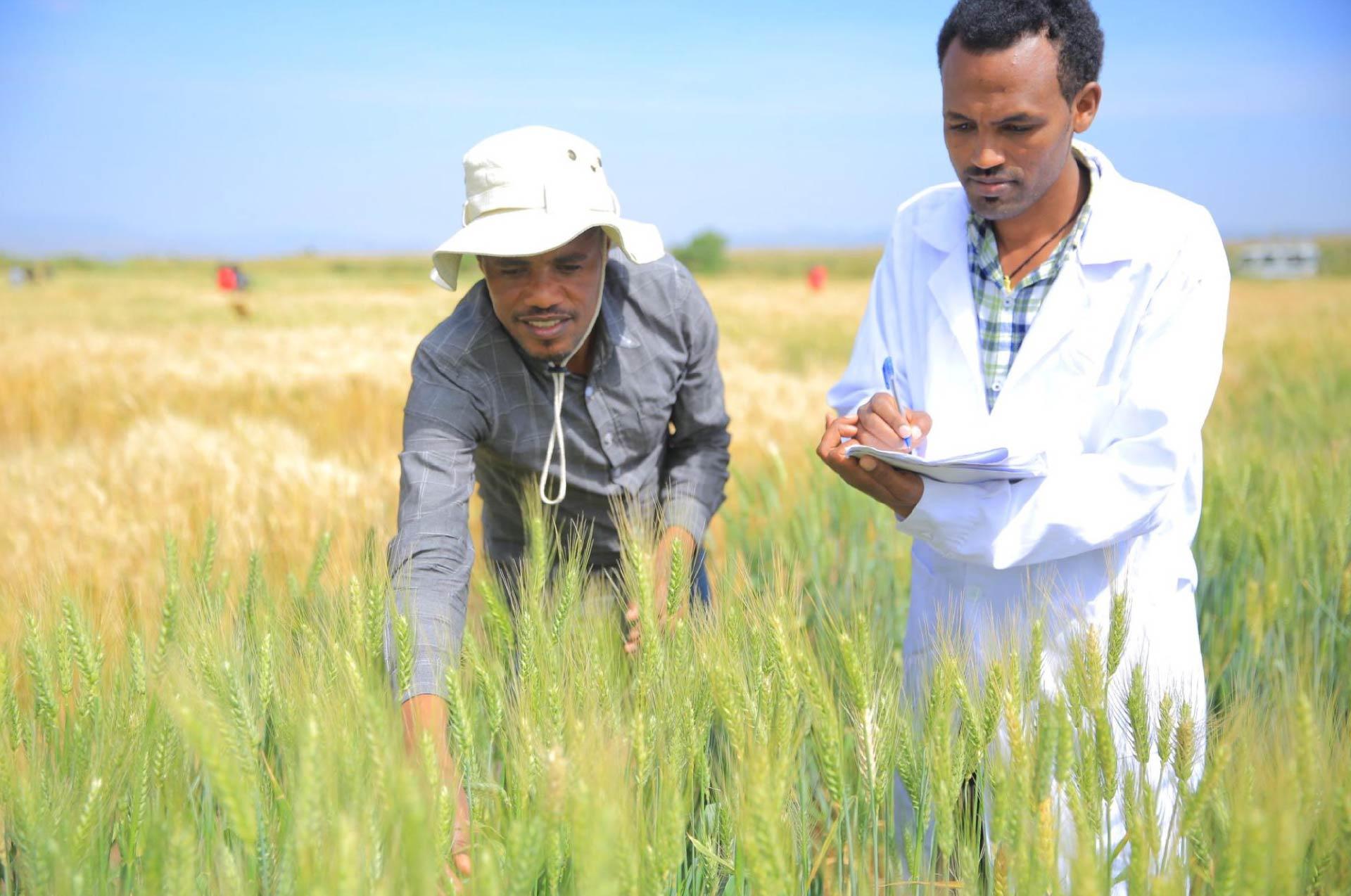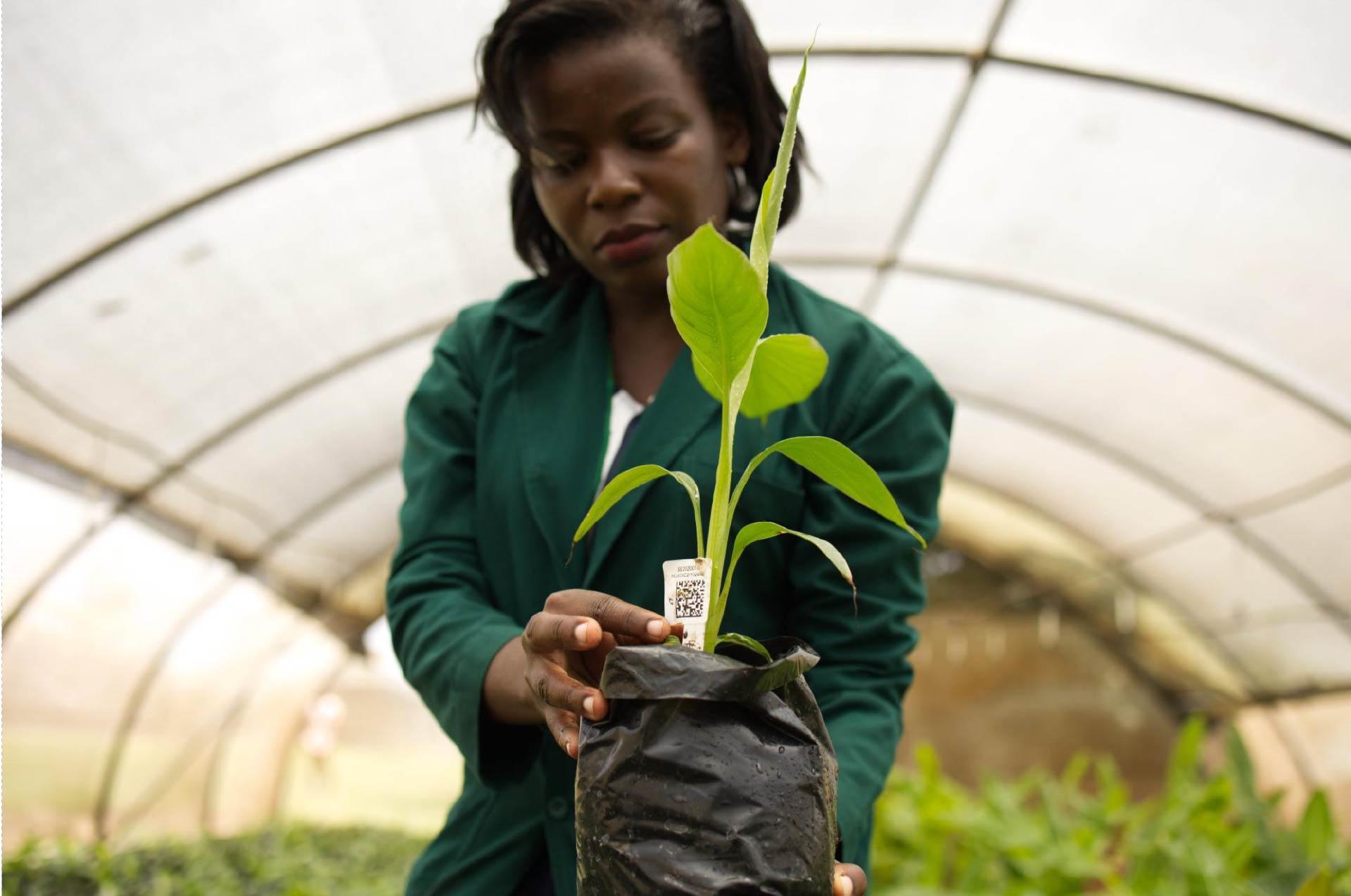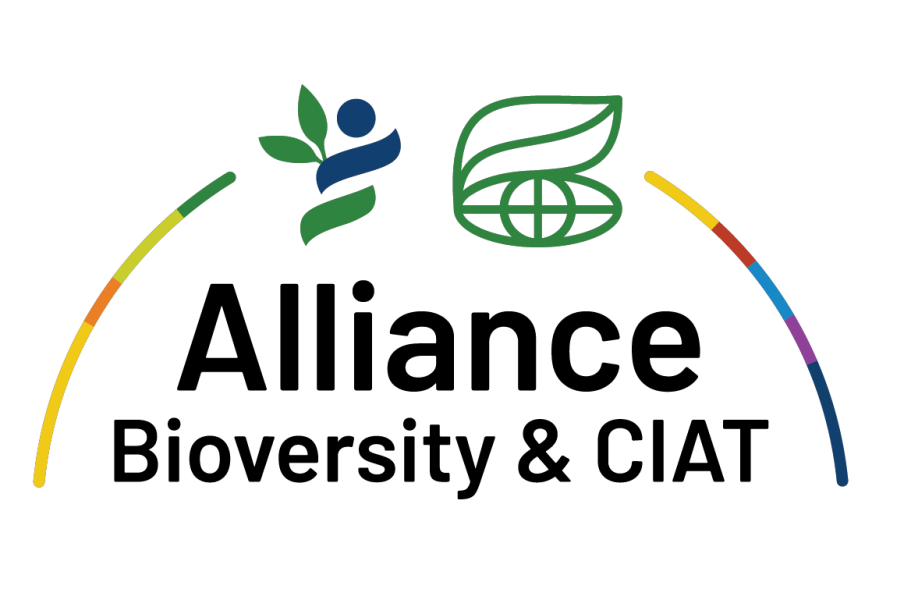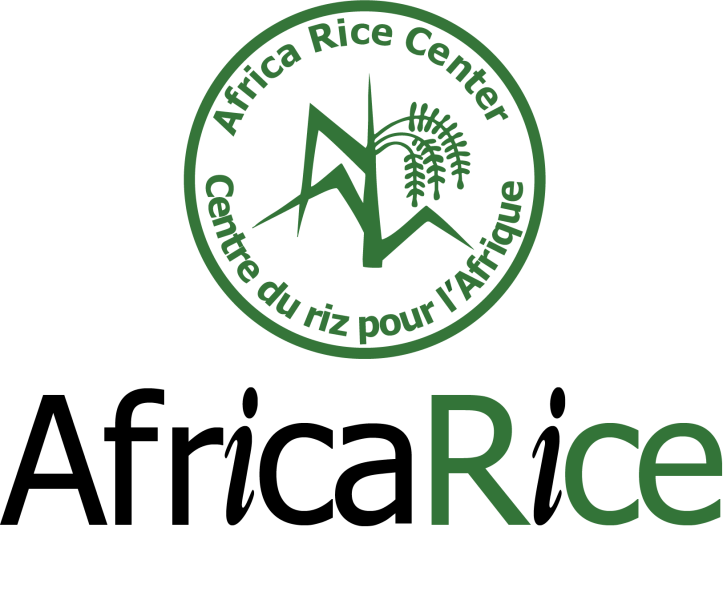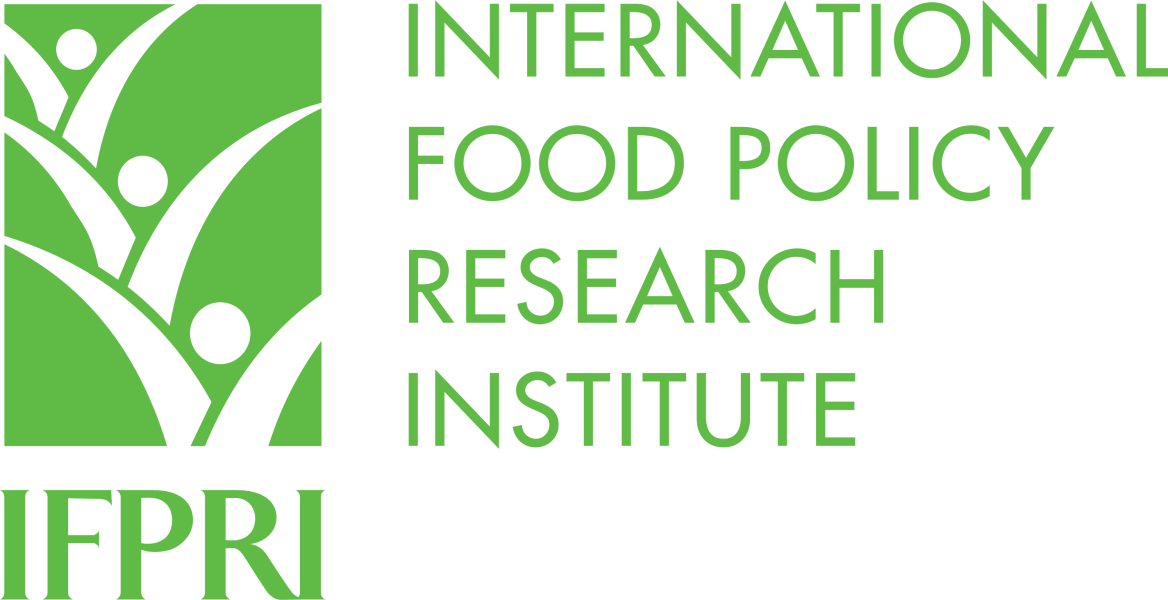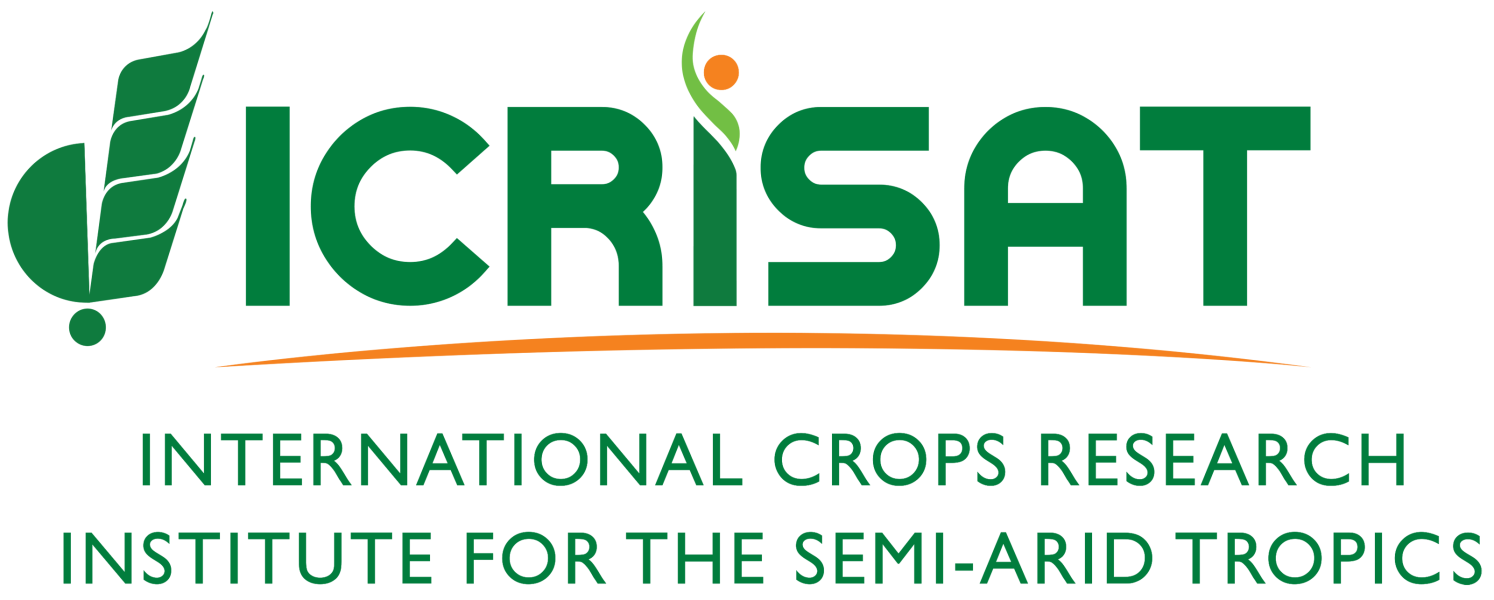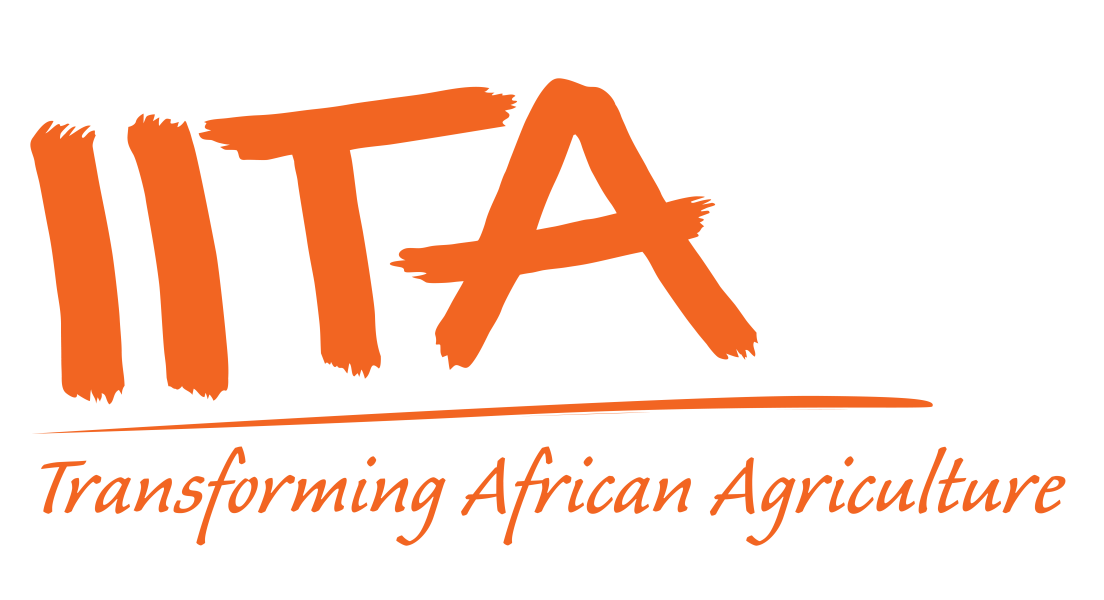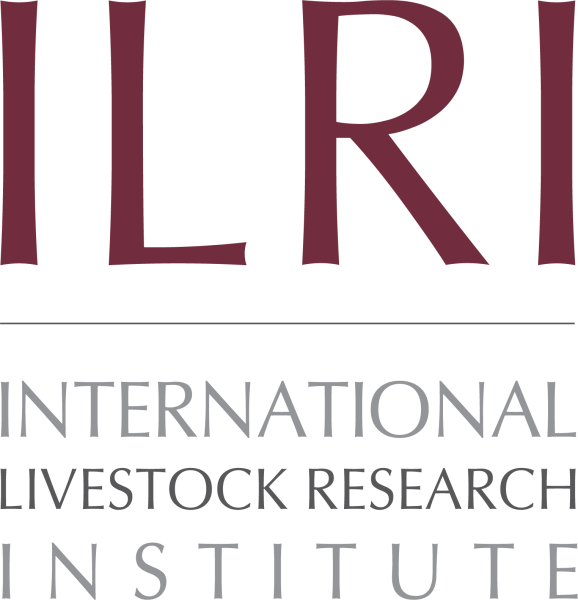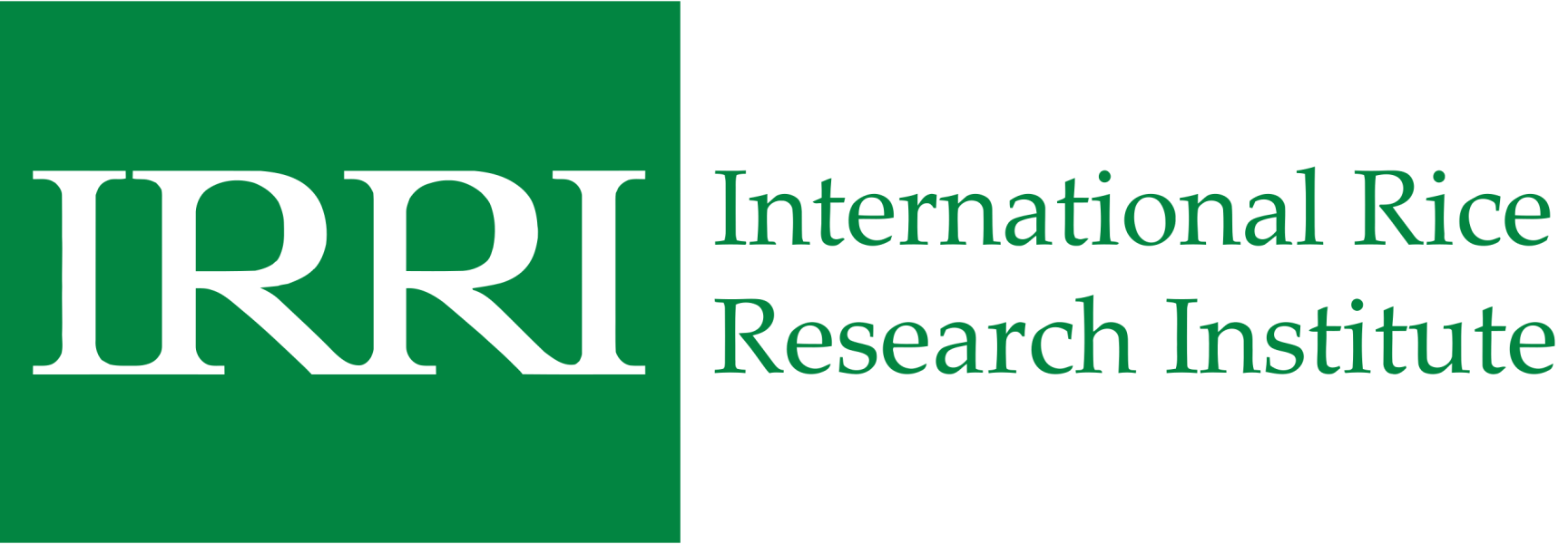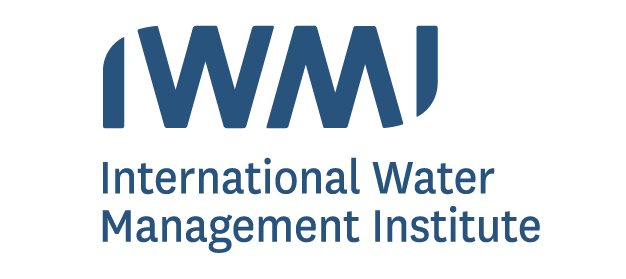A growing number of results
In 2023, all 12 Initiatives of CGIAR’s Systems Transformation (ST) Science Group made significant progress against their theories of change. Systems Transformation Initiatives submitted 2,100 results in 2023, a 145-percent increase over 2022. Among these, Systems Transformation Initiatives reported 102 outcomes in 2023, compared to 29 in 2022. Of these, 37 were policy changes, 32 innovation uses, and the remainder ‘other outcomes’. The vast majority of results (1,998) are outputs, of which knowledge products is the largest category (1,195 outputs). The number of knowledge products more than doubled in 2023 compared to 2022. The number of capacity outputs (e.g. training) in 2023 is 314, representing a four-fold increase compared to 2022, while the number of innovations under development is 214 in 2023, up from 105 in 2022.
Impact Area focus of results
At least one-third of ST results were tagged as significant (relevant) or principal (main purpose) to each of the Impact Areas. However, there are differences in terms of results being principally related to Impact Areas. Thirty-one percent of ST 2023 results were tagged as principally relevant to the climate change Impact Area. The Impact Area with the next highest proportion of results tagged as principal was gender, at 14 percent. The other three Impact Areas (nutrition, environment, and poverty) each had between 8 and 9 percent of results tagged as principal.
Geographies: Focus on Eastern and Southern Africa, India, Viet Nam, and Guatemala
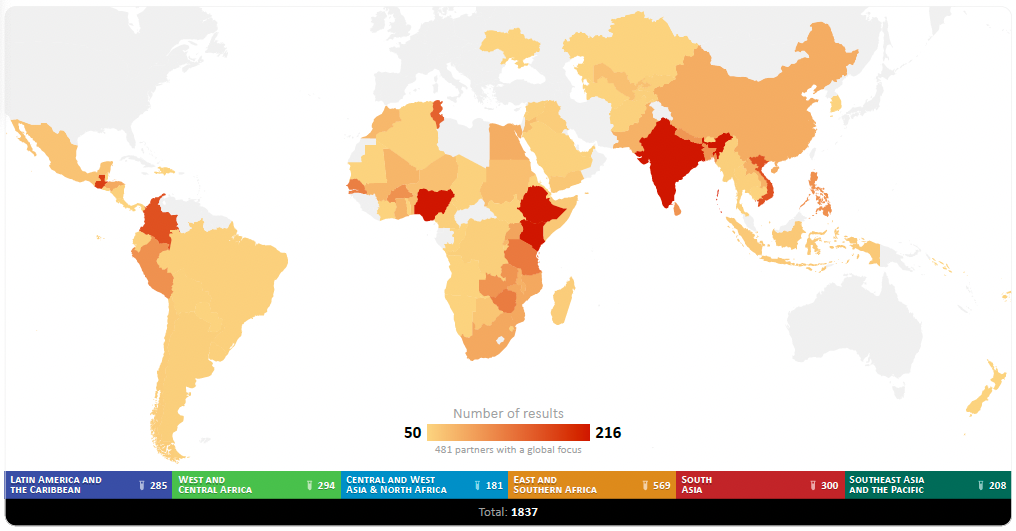
Figure 1. Geographical distribution of ST results in 2023.
Figure 1 shows the geographical distribution of the total number of ST results in 2023. The countries with the highest numbers of results are Kenya (216), India (163), Nigeria (144), and Ethiopia (139). These are also the countries with the highest reported numbers of partners. To summarize, key Systems Transformation countries are predominantly in sub-Saharan Africa, particularly in East and Southern Africa, with additional focus on individual countries in other regions, especially India, Vietnam, and Guatemala.
A wide array of partnerships for impact
A total of 986 unique partners contributed to ST results in 2023. The most common partner types are national universities from low- and middle-income countries (contributing to 500 results), national agricultural research institutes (229 results), universities and other research organizations from higher income countries (219 results), national governments (212 results), international and national NGOs (209 results), private-sector companies including financial institutions (195 results), and various types of other international organizations (105 results).
The partners contributing to the highest number of results are from across these partner types, from both the global North and South: Wageningen University and Research (contributing to 71 results), CIRAD (61), Institut de Recherche Agronomique de Tunisie (41), World Food Programme (40), World Vegetable Center (39), Ministerio de Agricultura Ganaderia y Alimentación Guatemala (35), FAO (34), Instituto Nacional de Sismologia, Vulcanologia, Meteorologia e Hidrologia da Guatemala (31), Office d'élevage et des pâturages de Tunisie (29), and the World Bank (27).
In most cases, these organizations have a core partnership with one or two ST Initiatives. For instance, Wageningen University and Research (WUR)’s principal link to ST is through the Initiative on Sustainable Healthy Diets (SHiFT), although collaborative results have been achieved between WUR and another seven ST Initiatives. CIRAD collaborates most closely with the Initiative on Agroecology but also contributes to the Initiatives on Low-Emission Food Systems, Sustainable Healthy Diets, and Climate Resilience (ClimBeR).
Most ST Initiatives expand the range of partnerships well beyond traditional agricultural research and development, e.g. with energy, finance, health, and social protection partners. The Initiatives on Fragility, Conflict, and Migration (FCM) and Sustainable Diets (FRESH) provide good examples of how Initiatives have formed partnerships to implement and utilize research because both cover thematic areas less well developed within CGIAR. Strengthening existing partnerships and forming new ones was vital for the Initiatives to gain legitimacy and relevance. A core partner of FCM is the World Food Programme (WFP). FCM has convened end-to-end partner engagement across WFP offices and facilitated secondments of CGIAR staff. Global partnerships formed or strengthened with the UN Refugee Agency (UNHCR), the International Organization for Migration, World Vision, and Action Aid were instrumental in addressing transboundary issues and amplifying the reach of CGIAR’s research. In focus countries, partnerships were established with key national partners such as the Nigerian Federal Ministry of Humanitarian Affairs to co-identify priority areas of research. FRESH has deepened CGIAR’s partnership with the World Vegetable Center as well as reaching out to non-traditional national partners. In the case of Tanzania, FRESH held meetings with the Tanzania Food and Nutrition Centre and the Ministry of Health and participated in the Development Partners Group in Nutrition, increasing FRESH’s visibility among government agencies and non-governmental organizations, which ultimately led to invitations to the Initiative to participate in policy processes.
Informing critical policies on climate change, nutrition, and other topics
Many policy outcomes at stage 2 (where a policy, strategy, and the like have been enacted or adopted) are related to climate change, with several contributions to strategies of global, regional, and national organizations as well as incorporation of CGIAR outputs into public programs.
The ClimBeR Initiative informed the Intergovernmental Authority on Development (IGAD)’s Climate Adaptation Strategy (2023–2030). IGAD also published a series of factsheets to provide evidence on how climate exacerbates root causes of conflict in Ethiopia, Kenya, and Sudan using a climate security pathway analysis developed by CGIAR.
FCM provided inputs on climate hazards to UNHCR to inform implementation of its Strategic Framework on Climate Action at HQ, regional, and country levels.
The Government of Madagascar developed the Climate Smart Agriculture Investment Plan in Madagascar’s rice producing regions with support from Climate Resilience and several CGIAR Centers. In Kenya, ClimBeR researchers were invited to provide input into Kenya’s National Climate Change Action Plan III 2023–2027 on climate security.
The Initiatives on Asian Mega-Deltas and Low-Emission Food Systems (Mitigate+) collaborated to inform a strategy for the co-development and implementation of a Rice Production Activity Monitoring and Reporting System adopted by Viet Nam’s Ministry of Agriculture and Rural Development.
In the area of nutrition, support to the government of Vietnam by SHiFT yielded several policy outcomes. The National Action Plan for Transparent, Responsible, and Sustainable Food Systems Transformation developed by the Ministry of Agriculture and Rural Development and approved by the prime minister drew upon inputs from several organizations, including CGIAR. Initiative representatives were invited to participate in the Food Systems Partnership to help design the plan’s implementation. In Ethiopia, a government-led platform has prioritized the implementation of food-based dietary guidelines informed by SHiFT, and SHiFT representatives have also been invited to participate in a Multisectoral Technical Team to support the Food System Transformation agenda.
In addition to these mature outcomes, all Initiatives have engaged with decision-makers to support the development of strategies, policies, and programs in their early stages. Some examples are: ClimBeR inputs used by local governments in the Philippines to formulate adaptation strategies and FCM-informed programs of the WFP and the International Organization for Migration. The Initiative on Digital Innovation supported the state government of Uttar Pradesh in designing a digital public infrastructure for agriculture. The Initiative on Agroecology supported the Kenya National Agroecology Strategy and the Ucayali Regional Government’s Regional Strategic Plan for Policy and agroecology corridor, in Peru. The Initiative on NEXUS Gains had a role in shaping the Nepal Irrigation Policy and in an information system for monitoring water resources in Punjab, Pakistan. The Initiative on National Policies and Strategies (NPS) provided inputs into seed certification regulations for vegetatively propagated materials in Kenya. The Mitigate+ Initiative contributed to the development of a Measuring, Reporting and Verification (MRV) framework for monitoring deforestation emissions in Colombia. Rethinking Food Markets (RFM) partnered with coffee growers, traders, exporters, and policymakers in Honduras to help supply chain actors and smallholders comply with the EU Deforestation Regulation.
Innovation use
ST innovations target a variety of actors and some are being used at scale. The following examples illustrate this. ClimBeR teamed up with CGIAR’s Livestock and Climate, Diversification in East and Southern Africa, and AgriLAC Resiliente Initiatives to disseminate climate information services and provide climate content for these services in several countries. In Guatemala, Local Technical Agroclimatic Committees reached more than 34,680 rural people (50.5 percent women) through improved agroclimatic bulletins and WhatsApp communications, while dissemination of agroclimatic information through radio reached an estimated 144,480 people (69,500 farmers). More than one million Kenyan farmers (41 percent women) received climate resilience agro-advisories through the Shamba Shape Up television program, while 650,000 viewers received such information through the Munda Makeover farming reality TV show in Zambia.
The Initiatives on NEXUS Gains and ClimBeR co-developed the Zambia Drought Management System launched by Zambia’s Ministry of Agriculture in February 2023. It incorporates real-time weather updates and open-access satellite data to provide farmers, extension workers, and agriculture and water resources authorities with the information needed to forecast, monitor, and manage drought. The Initiative on Nexus Gains also supported the development of a solar irrigation pump sizing tool. The tool has been adopted by the Pradhan Mantri Kisan Urja Suraksha evam Utthaan Mahabhiyan (PM-KUSUM) scheme, which works to ensure energy security for farmers in India.
Other innovations being used by partners include the Food System Country Profile web-based product (SHiFT), being referenced by governments in Ethiopia and Honduras; increased production of forage crop seeds and use of a small-scale compressor or 'pelletizer' to produce quality feed pellets in Tunisia (Agroecology); a risk-contingent credit product offered by banks in Kenya and Ethiopia (ClimBeR); use of the Longa speech recognition tool by Farm Radio International (Digital Innovation); formalization of participatory landscape approaches in more than 10 countries (Mitigate+ and Agroecology), the Women’s Empowerment in Agri-food Governance innovation endorsed by the Nigerian Government (Gender Equality [Her+]), and innovative equipment and extension services for improved milk quality control and higher revenues for dairy farmers in Uganda (RFM).
Strengthening the capacity of farmers and other food, land, and water system actors
In 2023, ST Initiatives trained 35,405 people, 5,958 of whom were involved in long-term training. Two-thirds of trainees were women. Close to 300 partners took part in these trainings, either as providers or recipients. Most of these trainings targeted farmers or other members of rural communities. In addition, ST Initiatives held dozens of training events with other food, land, and water system actors, including policy makers.
In two cases, capacity strengthening of a partner led to further onward training. A learning module developed by NEXUS Gains was taken up by the Deutsche Gesellschaft für Internationale Zusammenarbeit GmbH (GIZ) and integrated into its Water Energy Food (WEF) Nexus Resource Platform. GIZ is a leader in capacity development in this field and the Nexus Resource Platform is the leading global knowledge hub for managing and sharing resources on the Water, Energy, and Food Security Nexus.
A second case involves HER+ and FCM Initiatives that partnered to launch and evaluate women's and men's training curricula designed to increase women's participation in community decision-making. HER+ partnered with ActionAid Nigeria to train 67 facilitators to deliver training to women on how to increase their participation in community decision-making as well as training for men on how to support their wives’ participation. These facilitators trained more than 3,700 women and 1,850 men across 300 wards in three states in southwest Nigeria.
Other examples of training activities include: training to overcome barriers in women’s leadership in Nepal (NEXUS Gains leadership program), training on designing and implementing mangrove carbon projects and a workshop on measurement (Mitigate+), training on Climate Response Programming for Sustaining Peace for African decision-makers (ClimBeR), training the African Group of Negotiators Expert Support (Mitigate+ and ClimBeR), training policy actors on a Food Security Simulation Tool in Nigeria (NPS), an e-course on Food System Governance completed by many food system actors in Bangladesh, Ethiopia, and Viet Nam (SHiFT), and trainings on post-harvest management of fruits and vegetables to prevent food loss and waste (FRESH).
The Initiative on Foresight supported the launch of a new modeling center led by the African Network of Agricultural Policy Research Institutes and is supporting new modeling units in partnership with national policy research institutes. The NPS Initiative continued to ensure that modeling tools are readily available to respond to demand. Researchers at the Kenya Institute for Public Policy Research and Analysis (KIPPRA) and at the Nigeria Institute of Social and Economic Research were supported in using economywide data and modeling tools at national and subnational levels.
Highlights of research outputs
Among ST’s 1,195 knowledge products produced in 2023, 188 were journal articles, with 20 having an Altmetric score of 30 or more (All Altmetric scores are as of April 2024). The top five were high-level synthesis type studies, including Safe and Just Earth Boundaries (Altmetric score of 4220), State of Food Systems (564), Freshwater Biodiversity (301), Assessment of Soil Organic Carbon (283), and Blue Foods for Food Systems (272). Several articles were related to climate (climate extreme forecasts and interventions, mapping of women and climate risks, and the impact of El Niño in Malawi). Nutrition- and health-related papers included an assessment of the effects of the Chilean labeling law on dietary intake, an assessment of a fruit and vegetable program in India during COVID, and an analysis of the effects of smoke on health in South America. A final group of highly cited papers were related to development of methods such as using phone surveys, handling measurement error, and guidelines for measuring gender transformative change.
Across the ST portfolio, outputs span a range, including methods and tools for use by various actors; situational and trend analyses; mechanistic studies; political economy and policy/governance studies’ innovation testing, interventions, and approaches; ex ante evaluations of policies and programs; and training modules and curricula, among others.
Below we provide information on a sample of ST outputs that are closely aligned with broader food, land, and water system transformation challenges, addressing questions such as ‘what are key considerations in transformation,’ ‘how will system transformations be shaped by major trends,’ ‘how to measure transformation‘, and how to catalyze or support transformation’.
The Initiative on Foresight produced several briefs on the future of FLW systems in key regions (briefs for West and Central Africa, Central and West Asia and North Africa, and Southeast Asia), resources (land), shocks (El Niño), commodities (aquatic foods, rice, and pulses), and Impact Areas (gender equality with HER+ and the GENDER Platform). To address the concern of a persisting and widening gender equality gap and identify ways to support transformation toward equitable FLW system, HER+ and the GENDER Platform developed guidelines for measuring gender transformative change and produced two global reviews to support gender-responsive, empowering scaling of socio-technical innovation bundles, one on design and one on use. Collaborating with external partners, the Initiatives on Mitigate+ and Agroecology developed the GenderUp conversational method to support responsible scaling. The Initiative on NPS studied interactions between agricultural and non-agricultural income growth in selected Asian and African countries to understand transformation processes. The NPS Initiative also published a sourcebook on Political Economy and Policy Analysis that can be used by CGIAR and external stakeholders to identify and navigate political economy challenges that may impede transformations to improved food, land, and water systems.
The Initiatives on RFM and Digital Innovation teamed up to produce an analysis of why digital tools have not been widely scaled up to support agricultural market transformation in Africa. Each of the two Initiatives also tested several innovations to support transformation (20 innovations were tested by RFM to address value chain weaknesses, including food loss and waste, while Digital Innovations tested nearly 40 innovations designed to support a variety of different decision-makers in FLW systems. NEXUS Gains generated several outputs in relation to a promising innovation, solar powered irrigation, including right sizing in India, closing the gender gap in Ethiopia, and developed tools to guide scaling in Africa and South Asia.
Transformation of FLW systems requires coherent and coordinated policy actions. The Initiative on Mitigate+ conducted assessments of nationally determined contribution plans in several of its target countries, including Vietnam, Colombia, and Kenya, and proposed options for reaching targets in the agriculture and food system sectors. ClimBeR and FCM collaborated on a policy assessment in eight African countries, looking at policy coherence between the climate and environment sectors on the one hand and the sectors of peace and security on the other. The two Initiatives also collaborated to assess the complex interactions of climate, conflict, and migration in Central America and how these interactions affect transformation processes in the region.
With a view to ensuring that food system transformations align toward nutritional outcomes, the Initiatives on SHiFT and Aquatic Foods published a paper that outlines benefits from promoting blue foods (food derived from aquatic animals, plants, and algae), assesses these benefits against national policy objectives worldwide, and outlines key implications in strategies and policies. The FRESH Initiative undertook diagnostic studies and literature reviews related to consumption patterns, food environments, and fruit and vegetable value chains in target countries (e.g. Sri Lanka and the Philippines) and is already advancing improved vegetable and fruit varieties (e.g. okra, pepper, and tomato) and pushing associated innovations through testing phases. To promote practices that deliver more sustainable and healthier food choices for consumers, the Initiative on Agroecology undertook a set of value chain studies in six countries to develop new business models providing incentives for all actors to produce and trade agroecologically produced products (e.g. leafy vegetables, milk, groundnut, mango, sorghum). Agroecology and NEXUS Gains collaborated to explore how network and institutional pathways foster agricultural diversification in areas dominated by major crops.

